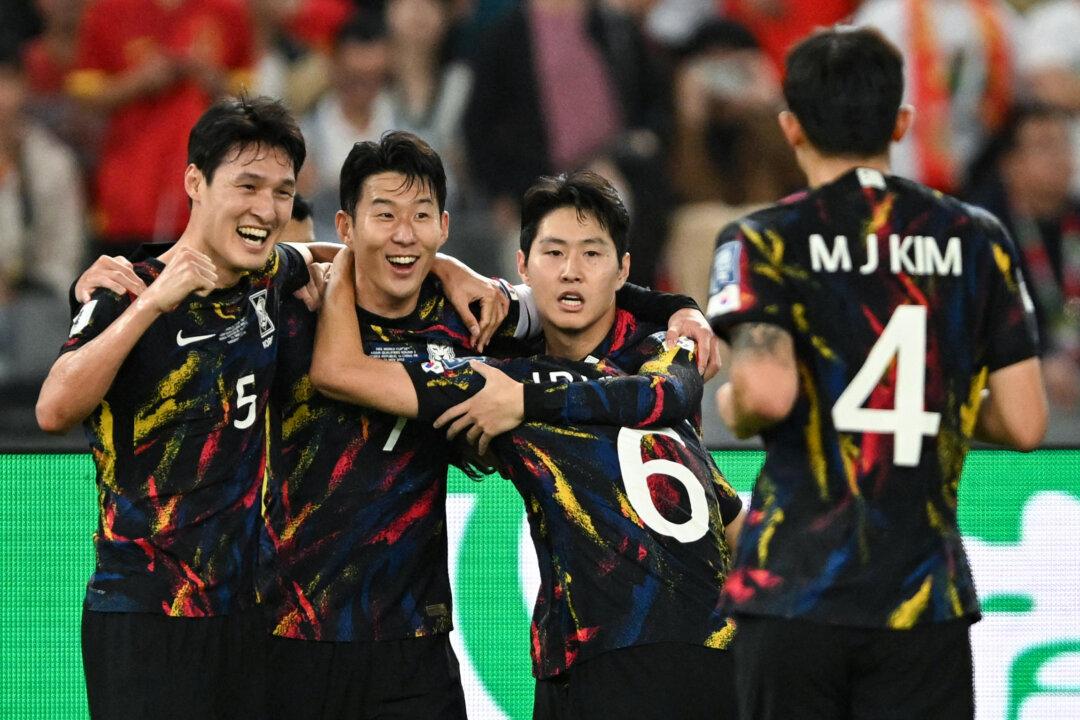In the 2026 FIFA World Cup Qualifiers on Nov. 21, the Chinese national soccer team lost 0–3 to South Korea while playing a home match at the Shenzhen Universiade Sports Center. Some Chinese spectators booed South Korea’s national anthem and pointed lasers at its players during the game, prompting a Korean university professor to file an official complaint to FIFA.
Before the match between China and South Korea started, Chinese fans booed the South Korean national anthem loudly, and during the game, South Korean players were frequently seen on screen with green laser beams on their faces.






